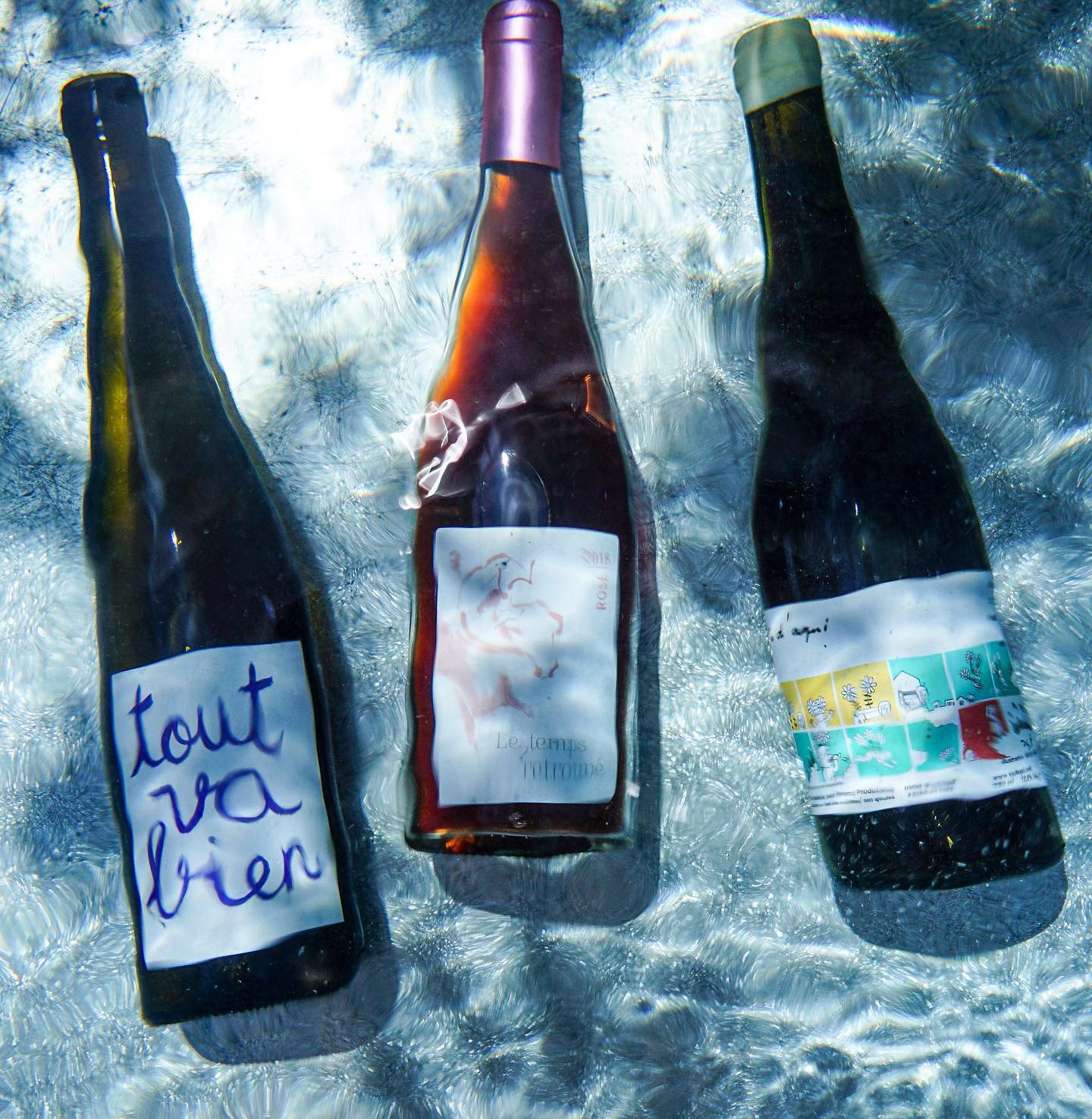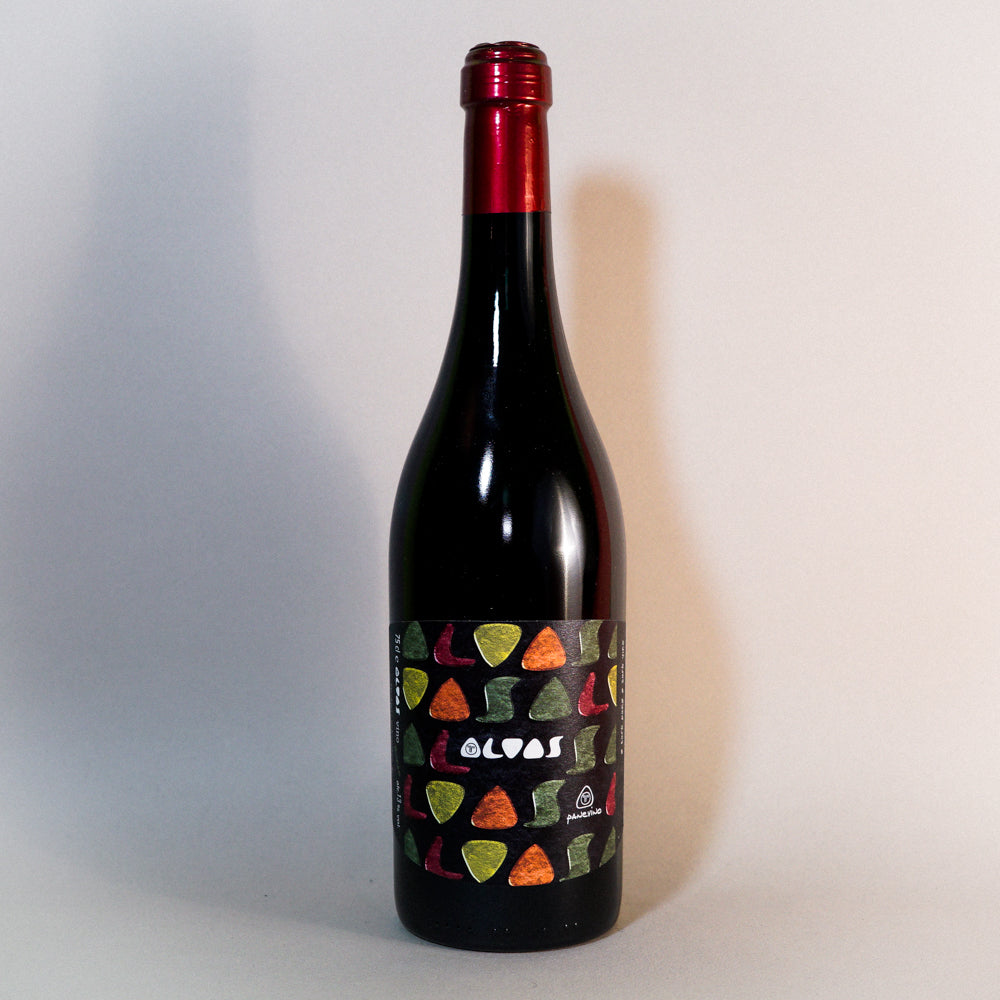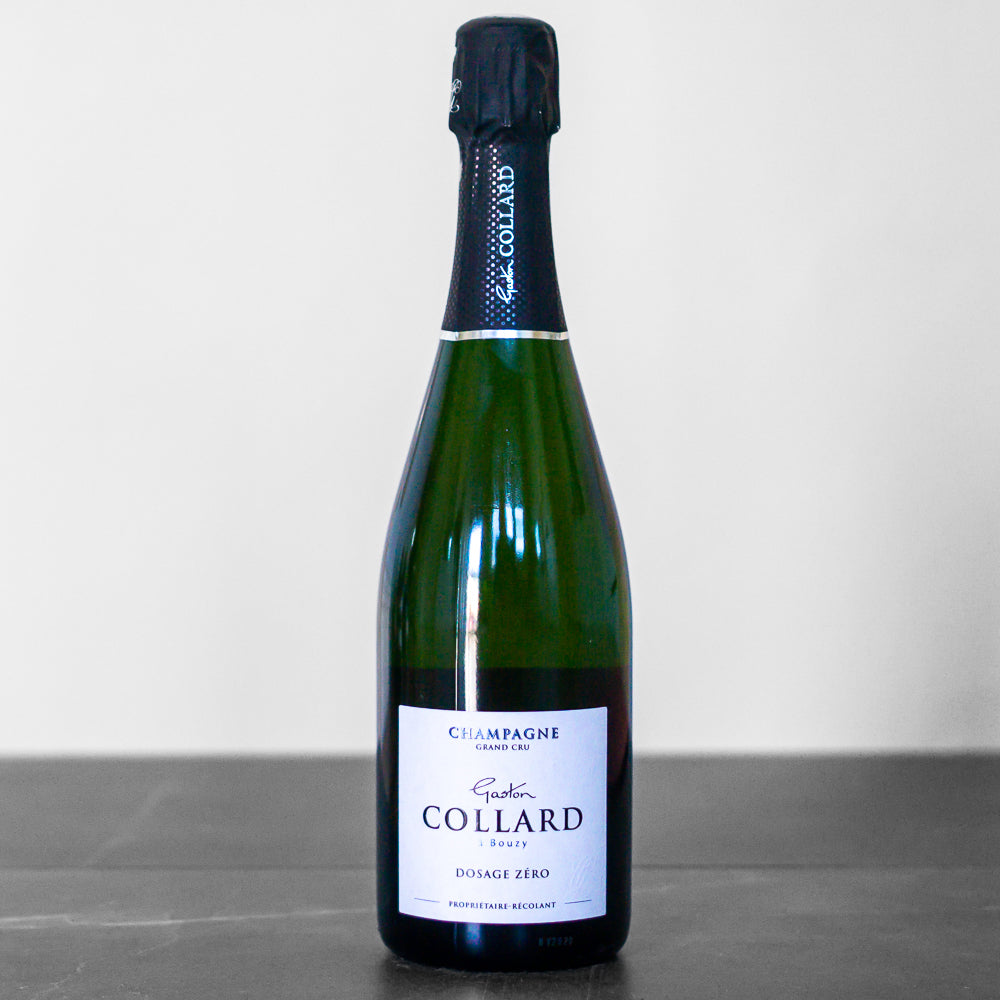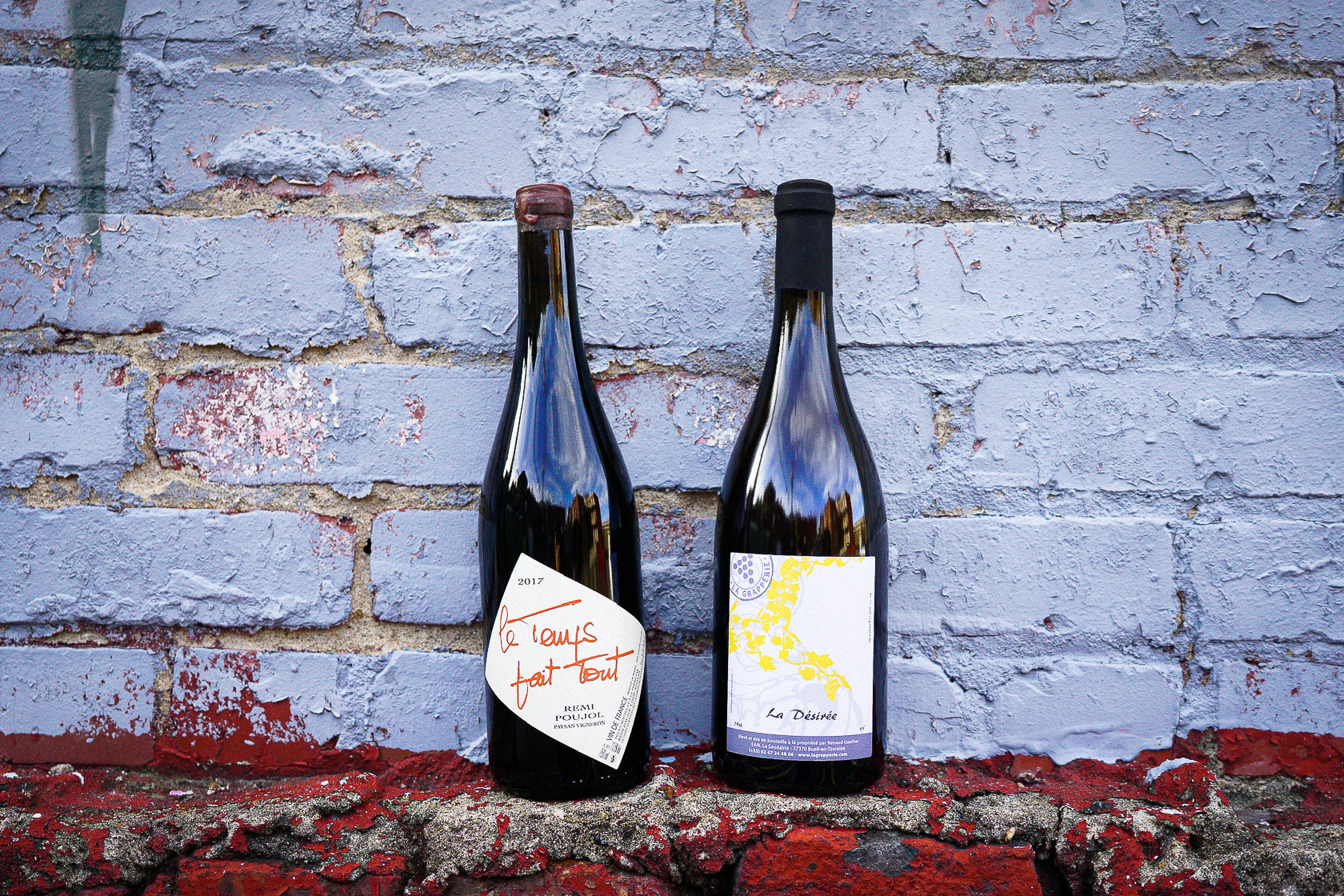The grapes on this NV are hand-harvested very late for Alsace, early to mid-October, yielding fully ripened fruit that lends to wines that offer a complexity of aromatics and flavors. A blend of multiple grapes from multiple vintages, culminating in a quaffable orange wine. It's quite fragrant, with aromas of citrus and roses that continue onto the palate, with the addition of ripe white fruit and minerals.
Domaine Binner
The Binners have been farming in the village of Ammerschwihr since 1770, first in polyculture, and since WWII as full-on wine growers. Christian was lucky that his ancestors, although never officially certified, always worked the land in the organic spirit. “Even in the 1950s, when mechanization and fertilizers started to take over, my father quickly realized that he preferred to continue to work as he was used to, i.e. with a lot of handwork, manure and natural treatments for the vineyards. Thanks to this, we have this enormous luck of having vines as old as the 1930s, planted by my grandfather, that never saw chemicals in their life,” Christian retraces the family history. His father Joseph was similarly careful in the cellar, and, with the help of the legendary Beaujolais grower and natural wine trailblazer Marcel Lapierre, who became a family friend, they were already making wines without added sulfur in the 1990s.
With Christian at the helm, the Domaine Binner doubled down in this direction during the 2000s, becoming certified organic and delving deep into biodynamics while taking inspiration from working with winemaker Pierre Masson, the local pioneer of Steiner’s philosophy. “The biodynamics opens yet another social, farming and autonomous dimension of winemaking – one with way more passion and human touch,” Binner explains what led him to adopt this approach over 10 years ago, topping it off with an official Demeter certification in 2020. For Christian, it’s not just about the soil health – he convincingly describes how all the little steps that form the day-to-day biodynamic practice, from collecting the herbs used in tisanes for the vines’ immunity, folding the grass under the vine instead of mowing it, doing most of the vineyard work including spraying by hand, or working the soil with horses rather than tractors, also create a strong connection to his vines and to the local community.
His experience also shows that biodynamically grown vines perform much better when faced with the variability and unpredictability of weather that climate change brought to Alsace. “It’s definitely more difficult to get good grapes now than it was 30 years ago, but I find that our vines are naturally more resistant and we’re still much better off than our conventional colleagues, who often have to put out fires right and left,” Binner says. To harness the power of biodiversity even more, the next step for him and his crew is now transforming some of his plots into permaculture and forest-like systems.
Inspired by the success of the biodynamics he’s witnessed in the vineyards and the one-of-a-kind architecture of Goetheaneum, Steiner’s fascinatingly odd HQ situated in the Swiss village of Dornach, Binner has also had a special bioclimatic underground cellar constructed. The building took more than 5 years of careful planning and construction, and it represents a unique amalgam of local materials (such as pink sandstone from a Vosges quarry, firs and oak trees from forests near Ammerschwihr), savvy engineering and anthroposophical principles. There are no right angles or hard edges, and everything flows in curves. “And all the materials are placed the way they’re found in nature. The beams are positioned roots-down, and the stones are all orientated in the same way as they were before being quarried. This maintains proper polarization and design flow,” Binner describes in his Pipette interview how deep into detail they went during the cellar’s conception.
Both levels of the winery keep the temperature naturally stable, which has allowed Christian to make wines with better peace of mind and longer evolution. “I see how serene the people who work here feel, including me, and think the same goes for the microbiological population,” he laughs, adding that they’ve observed way less taste deviations in their wines since moving to the new facility. Keeping the yeast and bacteria happy is very important here – the Binner wines haven’t seen any added SO2 since 2013, and hence benefit from spending some time in the cellar in order to stabilise naturally. “As Marcel Lapierre used to say, natural wine should be good above all. No matter who you give it to, they should like its taste, without reservations,” Christian believes.
- Jenny & Francois Selections
It’s not just the vineyard that Christian cares about, but also the energy of the people who work it, and rather than simply focusing on what goes into each bottle, it’s almost more important to focus on what is left out.












